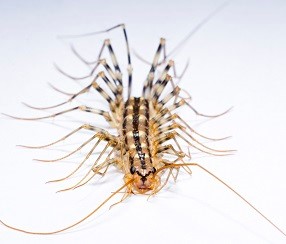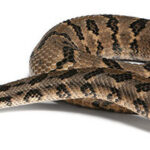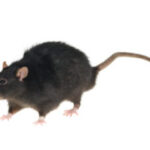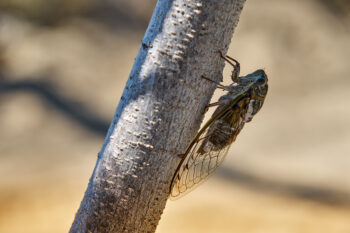
Your home is your castle, and it’s your duty to protect it so the building can provide the shelter and comfort that you and your family deserve. The last thing you want to experience are small bugs that crawl into the building, looking for food and shelter and possibly biting you and your loved ones.
Homeowners residing in the greater Jacksonville, FL area often focus their complaints on about five main types of bug infestations when contacting professionals for help. You may have seen any or all of the following creatures recently at your residence: centipedes, millipedes, earwigs, house crickets and oriental roaches.
It’s prudent to reach out to pest control experts to take care of such problems before they get out of hand. With that in mind, here is some information about these common pests to help guide you as you seek professional assistance dealing with them on your property.
Centipedes And Millipedes
The “cent” in centipede means “100” in Latin and refers to hundred legs. It’s a misnomer, as these creatures can have many more or many less legs, ranging from 15 pairs to 171 pairs of legs. Millipedes get their name from the Greek term for “1,000.” As with centipedes, the name is more poetic than scientific, with many millipedes having fewer than 100 legs (scientists have seen millipedes with as many as 750 legs but not 1,000, noted a report at About.com).
Centipedes have long antennae and millipedes have short antennae. Centipedes tend to run quickly and can bite pets or people, while millipedes walk slowly and will not bite you. Centipedes search for prey to eat and millipedes get their food mostly by scavenging.
The easiest way to tell the difference between centipedes and millipedes is to count the number of legs they have on each body segment. Centipedes have just one pair of legs on each segment, while millipedes have two pairs of legs on each segment (excepting the first three segments of millipedes, each of which only have one pair).
Earwigs
They have a creepy name, but earwigs are scarier than they appear. Their bites are not poisonous, but they can cause some discomfort if you pick one up and it pinches you with its forceps.
Earwigs look for shelter against cold weather, which is why Florida residents may see them in their home more often during winter.
Oriental Roaches
You would be correct want to get rid of an infestation of oriental roaches upon first sight of them. Roaches tend to crawl in unsanitary locations, such as garbage and sewage pipes where they can pick up harmful bacteria. When you discover them trying to keep warm by hiding in your home, you’ll want to keep them from spreading disease by locating an experienced pest control expert.
Oriental roaches, in particular, tend to enter the home from the outdoors where they normally live. By creeping under a doorway or through a small crack, they are able to gain entry to the home and feed on food scraps and garbage they find inside. You may seem them scurrying around the kitchen and garbage areas of your home after dark. Another sign of an infestation are egg capsules, dark brown sacs filled with roach eggs that usually measure between 8 to 10 millimeters in length.
Crickets
The chirping sound that crickets make can be charming for a short period, such as when going out for a walk at night in neighborhood. However, when crickets have invaded your home, the relentless sound they make can make life unpleasant for you and your family. If crickets have moved inside your home, you will likely hear their signature song at night time. You may also see damage to fabrics, like clothing or furnishings.
The well-trained and knowledgeable pest control experts at Bug Oute have more than 50 years of experience assisting homeowners in the general Jacksonville, FL area and surrounding region. When you discover centipedes, millipedes, earwigs, house crickets or oriental roaches at your home, your first reaction should be to get rid of the infestation before it grows in scope and size. This is why so many local residents have come to rely on the team at Bug Out to take care of the problem. For more information about our pest control services or to set an appointment for a consultation, please contact Bug Out today.





